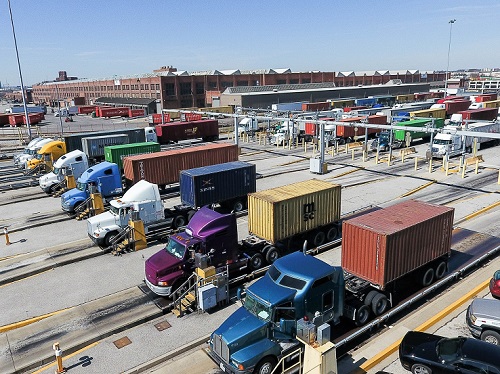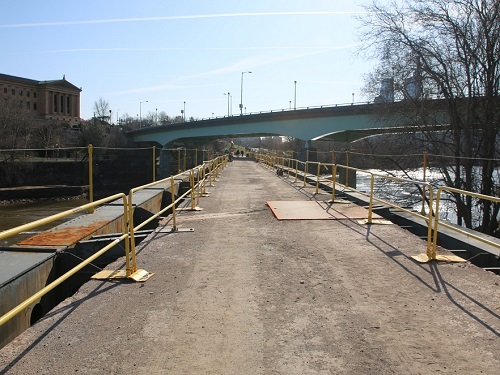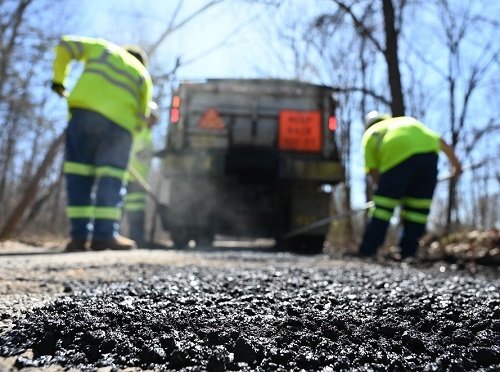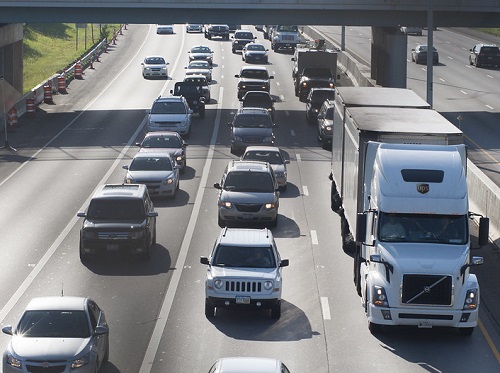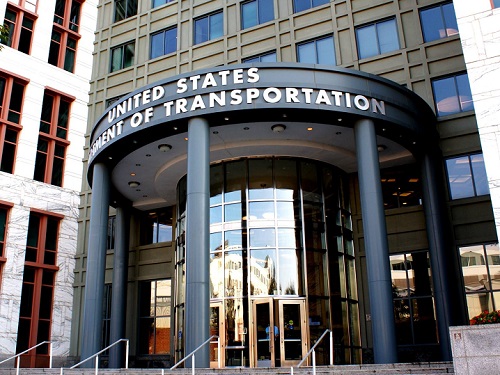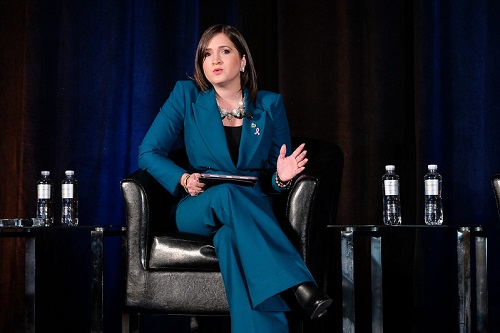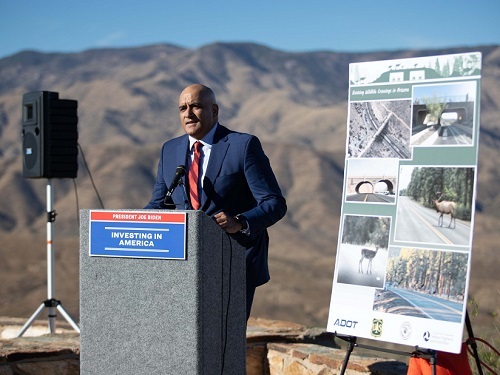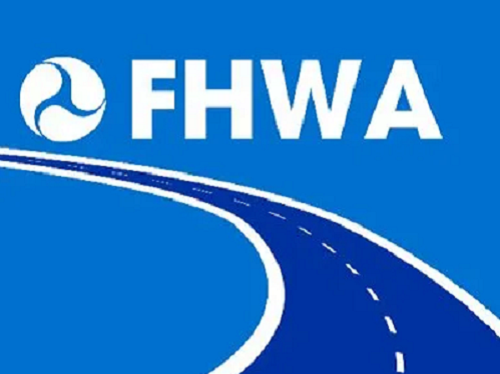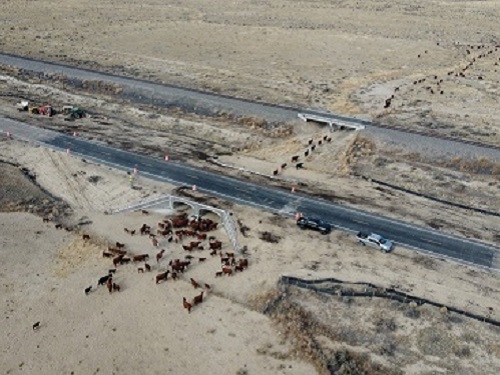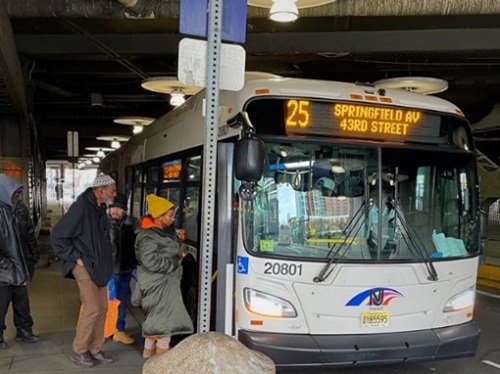The Federal Highway Administration recently issued $148 million in grants to 16 port projects in 11 states and Puerto Rico via the first round of a new $400 million program aimed at improving air quality and reducing pollution in port communities.
[Above photo by Maryland Ports Administration]
The FHWA said its new Reduction of Truck Emissions at Port Facilities grant program – created by the Infrastructure Investment and Jobs Act – provides funding for port electrification and efficiency improvements as part of a broader effort to reduce pollution from idling commercial trucks at port facilities.
“The projects funded under this program will improve the quality of life for workers and families impacted by pollution from idling trucks while building a clean-energy economy that combats climate change and makes our communities more resilient,” noted Shailen Bhatt, FHWA administrator, in a statement. “[This funding] will make a real difference for people who live and work near ports.”
[Editor’s note: In March, the U.S. Environmental Protection Agency made $3 billion in grants available through its new Clean Ports Program – established by the Inflation Reduction Act enacted in July 2022 – to help fund the acquisition of zero-emission equipment, build infrastructure, and improve air quality at U.S. ports.]
The agency noted that specific truck emission reductions planned for implementation with this funding include replacing diesel-powered trucks serving ports with zero or low emissions electric or alternative fuel-powered trucks; constructing electric vehicle charging infrastructure; employing port roadway access improvements; and studying technology enhancements to reduce truck emissions.
Two projects overseen by state departments of transportation received grants during this round of FHWA port facilities funding. They are:
- The Hawaii Department of Transportation will receive $5.2 million to modernize port gates and automate improvements at the Sand Island Terminal in Honolulu Harbor. The improvements seek to reduce truck processing times, queueing delays, cut port-related emissions from idling trucks, and make port operations more efficient.
- The Maryland Port Administration – a division of the Maryland Department of Transportation – will receive $642,000 to replace one diesel-powered street sweeper with one zero-emission unit to be used at the Port of Baltimore for moving cars and light trucks. Funding also will be used to research and develop the adoption of electric Power Take Off (ePTO) devices on trucks that average two hours of engine idling per trip while loading or unloading. Wider adoption of ePTOs could significantly reduce truck idling and emissions at ports, the agency noted in its grant request.
Meanwhile, as part of a broader information gathering effort regarding U.S. ports, the U.S. Department of Transportation’s Maritime Administration – known as MARAD – and the American Association of Port Authorities are currently conducting a survey of port authorities and marine terminal operators across the country that aims to identify the nation’s port cargo handling needs over the next five to 10 years.
Led by AAPA through a cooperative agreement with MARAD, the “Building American Production Capacity for Electric Port Equipment and Other Port Infrastructure Items” information collection effort is scheduled to be completed this spring – with a final report issued in summer of 2024.

